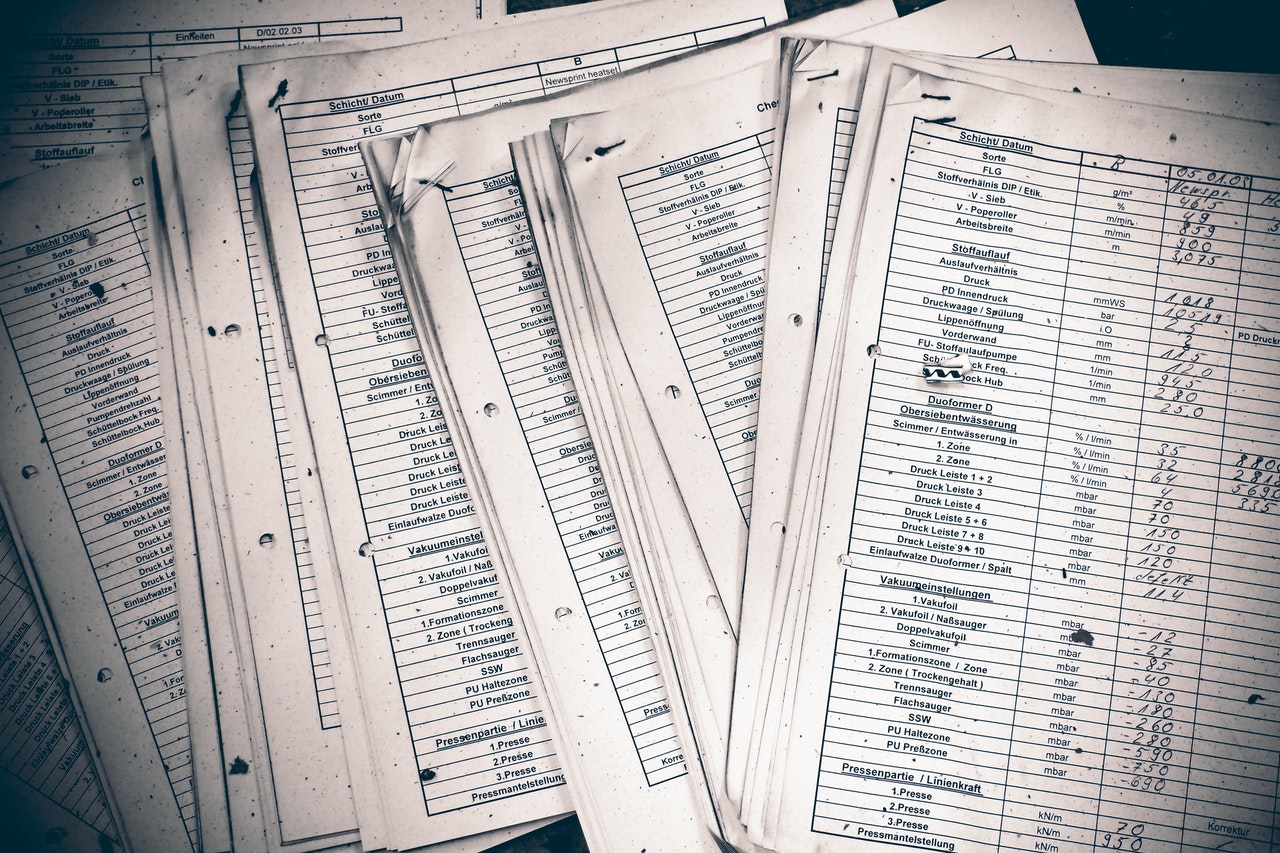How can you set up your Chinese investment business in the Philippines?
- Tourism Investment Laws and Initiatives
- Company Name Registration
- Securities and Exchange Commission (SEC)
- Bureau of Internal Revenue (BIR)
- Open a Corporate Bank Account
- Barangay Clearance
- Contract of Lease or Land Title
- Mayor’s Permit
- Employee Requirements
If you are looking to set up your Chinese investment in the Philippines, there are a number of departments and commissions that you have to get approval from. You can apply for the sole proprietorship or for a partnership with Filipino businessmen. In the Philippines, there are only five areas of investment that can be 100% owned by foreigners. According to the National Economic and Development Authority (NEDA) these are:
- Internet businesses
- Teaching at higher education levels
- Training centers that are engaged in short-term high-level skills development
- Adjustment companies, lending companies, financing companies, and investment houses
- Wellness centers
Here are the steps you need to set up your Chinese investment business in the Philippines:
Tourism Investment Laws and Initiatives

Besides 100% equity, the Philippine Constitution divides other industries into 5 options for foreign investors: no foreign equity, 25% equity, 30% equity, 40% equity, 100% equity. Here are a few industries in each division:
- No Foreign Equity
- Mass media
- Retail trade
- Cooperatives
- Small-scale mining
- 25% Foreign Equity
- Private recruitment
- Contracts for construction
- 30% Foreign Equity
- Advertising
- 40% Foreign Equity
- Development of natural resources
- Operation of public utilities
- Ownership of private lands
- Contracts for the supply of materials, goods, and commodities
Company Name Registration

First, choose an industry that you would like to invest in. There are a number of investment opportunities in the Philippines. After deciding what kind of business you want to set up, check with the Securities and Exchange Commission (SEC) for available company names. Register the name of your business in order to get it started.
Securities and Exchange Commission (SEC)
When you register your company, you will have to state if it will be a sole proprietorship or if it will be a corporation/partnership. After registering your company at the SEC, you will be assigned a pre-registered Taxpayer Identification Number (TIN) alongside receiving a certificate from the commission.
Bureau of Internal Revenue (BIR)

After receiving the TIN, you will have to register it at the Bureau of Internal Revenue (BIR). It functions under the Department of Finance and collects national internal revenue taxes, fees, and charges. You will be given a Certificate of Registration (COR) that will be valid for 5 years.
Open a Corporate Bank Account

After successfully registering your company in the Philippine system, it is time to open a corporate bank account. Bring your important documents as well as your Articles of Incorporation along with you as your chosen Philippine bank will have to verify them. After being authorized to open up an account, you will need to deposit a minimal capital of Php 5,000.
Barangay Clearance
Now that your paperwork and financial requirements are complete, you can now focus on obtaining a physical space for your company. Choose from a number of business districts around the Philippines, home to internationally owned companies. After choosing a location that you think suits your business, it is time to approach the barangay it’s in the jurisdiction of. Note: the Philippines is separated into administrative divisions called barangays — the smallest unit of government.
You will need to acquire a barangay clearance from the barangay hall. Make sure you bring your SEC registration papers to prove that your business is up and running. After the barangay approves of your proposal, you will have to pay a fee before applying for a business permit.
A business permit is received through the local government unit such as the municipal or city office. These licenses are issued by government agencies to take note of approved business endeavors around their area.
Contract of Lease or Land Title

Once you have been approved to set up your working space within a specific area, you can now look for a commercial space to rent or private land that you can operate on. Either way, you will have to apply for either a lease contract or a land title in order to start designing your office space.
The Contract of Lease is a written agreement between the two parties regarding the terms of property rent. This is proof that your landlord has allowed you to use their space. In return, you will have to pay regular payments to your landlord for a certain number of years.
If you are interested in working on private land, you will need to avail of a Land Title. This will be proof of your ownership of a certain property. You will need to state the extent of your use of the property, as well as the limitations of what you can do with it.
Mayor’s Permit
Depending on the area you have decided to set your business up in, you will have to submit a number of requirements in order to secure a Mayor’s Permit. For your application, you will need to prepare your lease contract, barangay clearance, and other important paperwork.
Employee Requirements

Another key factor in your business is your employees. You will need to set up a system to handle the requirements that companies need to pay for their employees. These include the Social Security System (SSS), Home Development Mutual Fund (HMDF) or Pag-IBIG, PhilHealth, and the Bureau of Internal Revenue (BIR).
Key Takeaway
In order to successfully set up your Chinese investment in the Philippines, each step in this list needs to be accomplished. Take note of the necessary paperwork that you need to have for your business. Research well on flourishing investment opportunities in the Philippines. These can give you an idea regarding what kind of business you should set up.






